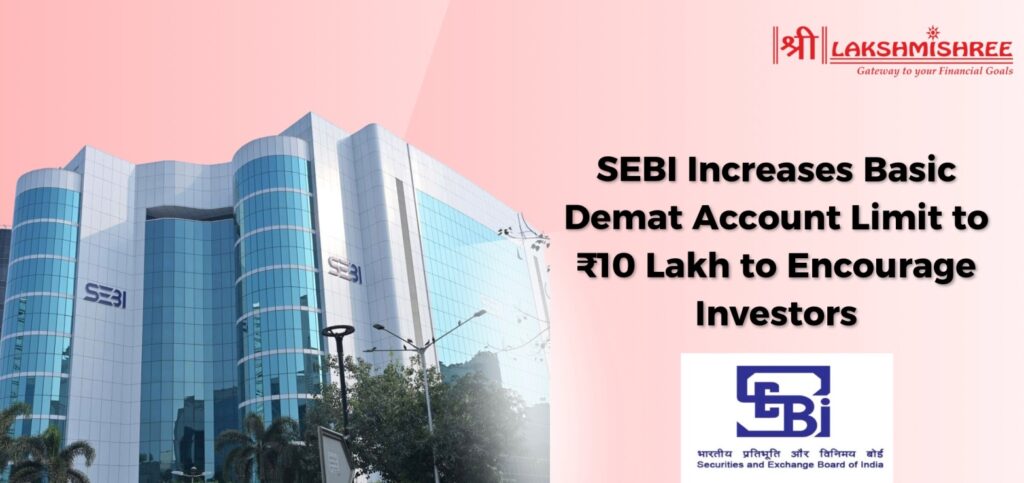
To encourage small investors to participate in the securities market, SEBI has raised the limit for the basic service demat account (BSDA) from ₹2 lakh to ₹10 lakh. These new guidelines will start on September 1, as stated by SEBI in a circular.
Increasing the limit for the value of securities in a BSDA aims to make it easier for small investors to trade in the stock market and promote their financial inclusion.
A BSDA is a simpler version of a regular demat account, introduced by SEBI in 2012 to reduce demat charges for investors with smaller portfolios.
To qualify for a BSDA, an individual must meet specific criteria: they can have only one demat account as the main holder, only one BSDA across all depositories, and the total value of securities in the account must not exceed ₹10 lakh, including both debt and non-debt securities.
Previously, an individual could hold up to ₹2 lakh in debt securities and ₹2 lakh in other securities in a single demat account to qualify for a BSDA.
For portfolio values up to ₹4 lakh, SEBI has stated that there will be no annual maintenance charge for a BSDA. For portfolios valued between ₹4 lakh and ₹10 lakh, the annual charge is ₹100. If the portfolio value exceeds ₹10 lakh, the BSDA will automatically convert into a regular demat account.
For BSDA services, SEBI mentioned that electronic statements will be free, while physical statements will cost ₹25 each.
Depository Participants (DPs) will only open BSDAs for eligible accounts unless the account holder opts for a regular demat account via email. DPs must review and convert eligible demat accounts to BSDAs within two months unless the account holder chooses to keep their regular demat account via email. This review will continue at the end of each billing cycle.
Earlier this month, SEBI released a consultation paper on increasing the threshold limit for BSDAs.
